Instant Opinion: I am working on the ‘coronavirus frontline’
Your guide to the best columns and commentary on Friday 27 March
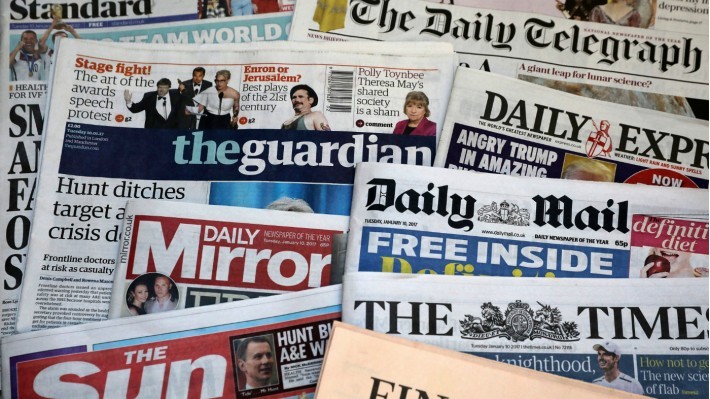
A free daily email with the biggest news stories of the day – and the best features from TheWeek.com
You are now subscribed
Your newsletter sign-up was successful
The Week’s daily round-up highlights the five best opinion pieces from across the British and international media, with excerpts from each.
1. Tesco checkout supervisor Simon Lord in The Guardian
on working through the pandemic lockdown
The Week
Escape your echo chamber. Get the facts behind the news, plus analysis from multiple perspectives.

Sign up for The Week's Free Newsletters
From our morning news briefing to a weekly Good News Newsletter, get the best of The Week delivered directly to your inbox.
From our morning news briefing to a weekly Good News Newsletter, get the best of The Week delivered directly to your inbox.
I joined Tesco for a stress-free life but now I'm on the coronavirus frontline
“Today, I look around the store and there are many other sold-out products. Pet food, beer, breakfast cereal, tea and coffee, fresh meat, milk, eggs and potatoes are all low in stock. Usually, one of the joys of my job is that I have time to say hello to our regulars and help people who need assistance. The interaction is rewarding and I go home happy that I’ve added a smile or a laugh to someone’s day. Coronavirus has changed that. Now my interactions are mostly negative. I find myself explaining newly imposed item limits, and apologising that we have run out of hand sanitiser. Most customers are polite and understanding, but one or to try to onload their frustration on me. I apologise again, and move on to the next challenge.”
2. David Frum in The Atlantic
on the political lessons to be learnt from Covid-19
A free daily email with the biggest news stories of the day – and the best features from TheWeek.com
The Coronavirus Is Demonstrating the Value of Globalization
“During the crisis, it’s hard to think of the long term. But during a crisis is precisely when you must think of the long term—otherwise, we may stumble into a future of perpetual national selfishness. Against the short-term preference of so many of today’s national governments, it’s vital to keep in mind the future we should want: the fastest possible return to open trade, travel, and investment. ‘The future does not belong to globalists,’ President Trump declared at the United Nations back in September 2019. We are now experiencing a painful introduction to anti-globalism and its consequences. Autarky—national self-sufficiency—was an ideal of the authoritarians of the 1930s. It failed then, and it is failing again now. This pandemic is daily proving that border guards and travel restrictions are futile protections against pathogens. Post-coronavirus, the world will need stronger international organizations and closer international cooperation.”
–––––––––––––––––––––––––––––––For a weekly round-up of the best articles and columns from the UK and abroad, try The Week magazine. Start your trial subscription today –––––––––––––––––––––––––––––––
3. Anthony Browne in The Spectator
on left-wing misconceptions about the coronavirus bailout package
Corbyn is wrong to say coronavirus proves the need for socialism
“Jeremy Corbyn’s claim that the Conservative government’s economic response to the coronavirus package shows that his policies were right proves what an astonishingly poor grasp of economics he has. The economic rescue package has involved a massive increase in spending and borrowing, and also a temporary part nationalisation of people’s wages – both things he has argued for. But the circumstances are totally different and what helps in an unprecedented crisis can be massively damaging if carried out in normal times. In medicine, some life-saving treatments can be life-threatening if inflicted on a healthy patient. If someone’s heart has stopped, it can be right to put electric pads on their chest to give them an electric shock to restart the heart. But if you did that on a healthy person, you could kill them. Chemotherapy can save the life of a cancer patient but will make a healthy person really ill.”
4. Paul Sutton on HuffPost
on the businesses that have disgraced themselves in recent weeks
We Won't Forget The Businesses That Treat Their Staff - And Us - Badly
“A quarter of a century ago, author John Elkington coined the phrase ‘triple bottom line’ to describe an approach to business that goes beyond the accumulation of wealth. It refers to a business philosophy that encompasses social responsibility (people) and environmental impact (planet), and positions these as equally as important as the almighty dollar (profit). In recent years the ‘environment’ point has come to the fore, with companies judged by customers, investors and keyboard warriors alike on their carbon footprint, their impact on deforestation and their use of natural resources. But with Covid-19 it is the social responsibility element that has come rapidly into sharp focus. In the space of just two weeks, companies have had to adjust to being judged on the way they treat people. And by people we’re not even talking about customers, we’re talking about society as a whole. Brands are having to demonstrate that they know how we feel, that they’re as scared and vulnerable as the rest of us. At a time when, without exaggeration, people will die if companies do the wrong thing, altruism and social capital are now currency.”
5. Patrick Kidd in The Times
on the need for churches during times of crisis
If supermarkets can stay open, so should churches
“Now the gates of the Anglican temples have been closed. The archbishops say this is to “take a lead in showing our communities how we must behave to slow the spread of the coronavirus”, though few vicars have much of a commute. While supermarkets and filling stations can stay open, the clergy must stay at home, though I note that the Lord Bishop of Rochester was allowed to say prayers and speak in parliament on Wednesday. It seems that a priest can still perform his role in the House of Lords if not in the house of the Lord. I’m sure the archbishops, in taking a step that was deemed unnecessary in earlier times of war and pestilence, acted with the best intentions but I fear for the consequences of their declaration that a priest praying in church for eternal salvation is no longer essential.”
-
 Political cartoons for February 22
Political cartoons for February 22Cartoons Sunday’s political cartoons include Black history month, bloodsuckers, and more
-
 The mystery of flight MH370
The mystery of flight MH370The Explainer In 2014, the passenger plane vanished without trace. Twelve years on, a new operation is under way to find the wreckage of the doomed airliner
-
 5 royally funny cartoons about the former prince Andrew’s arrest
5 royally funny cartoons about the former prince Andrew’s arrestCartoons Artists take on falling from grace, kingly manners, and more
-
 ‘Irony’ as Zoom calls staff back to office
‘Irony’ as Zoom calls staff back to officefeature And other stories from the stranger side of life
-
 The U.S. veterinarian shortage crisis
The U.S. veterinarian shortage crisisSpeed Read With an anticipated shortage of 15,000 vets by 2030, it will be harder to get care for pets
-
 Company teaches mask-wearers to smile again
Company teaches mask-wearers to smile againfeature And other stories from the stranger side of life
-
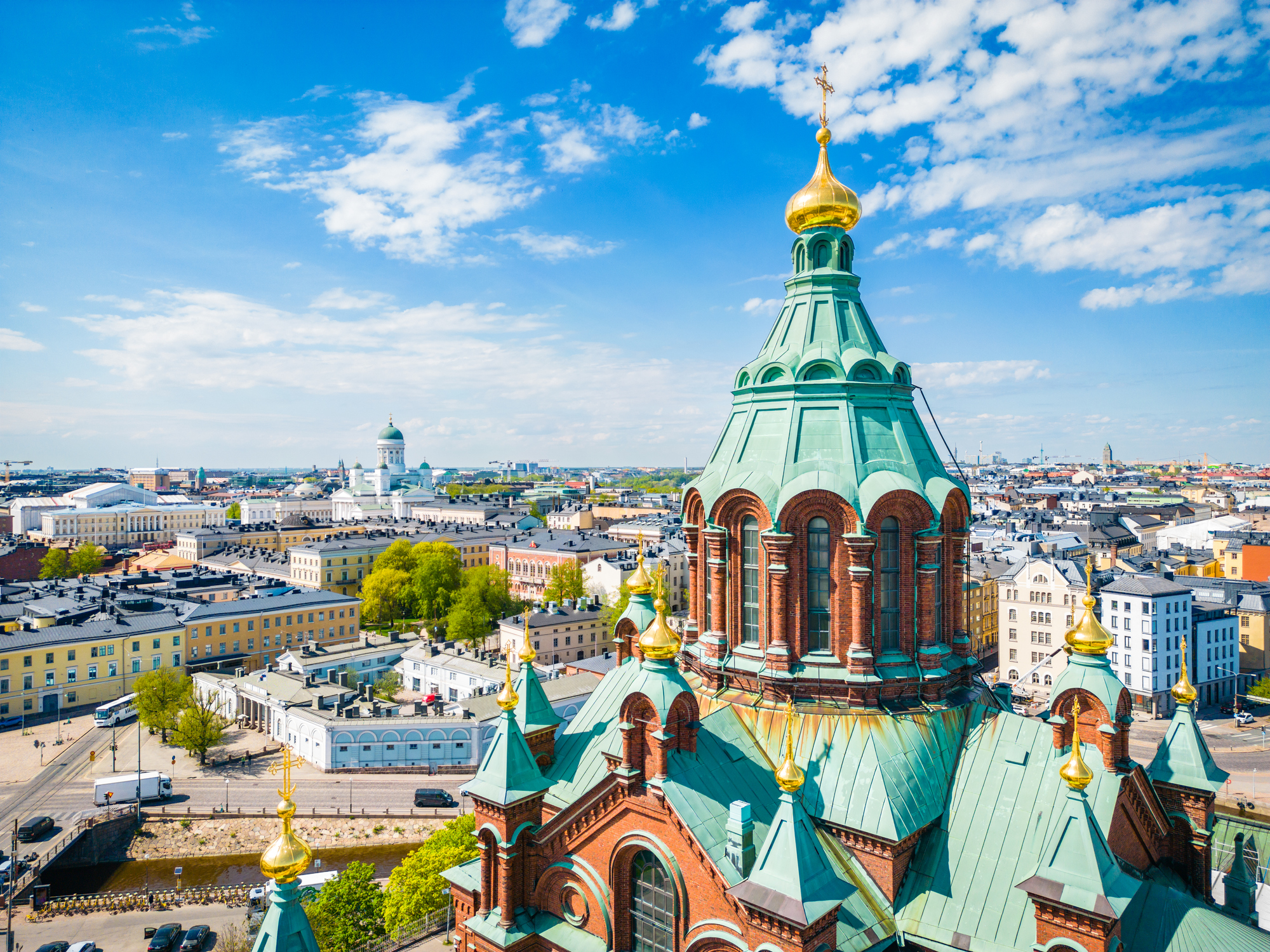 Global happiness has been 'remarkably resilient' over the past three years
Global happiness has been 'remarkably resilient' over the past three yearsfeature
-
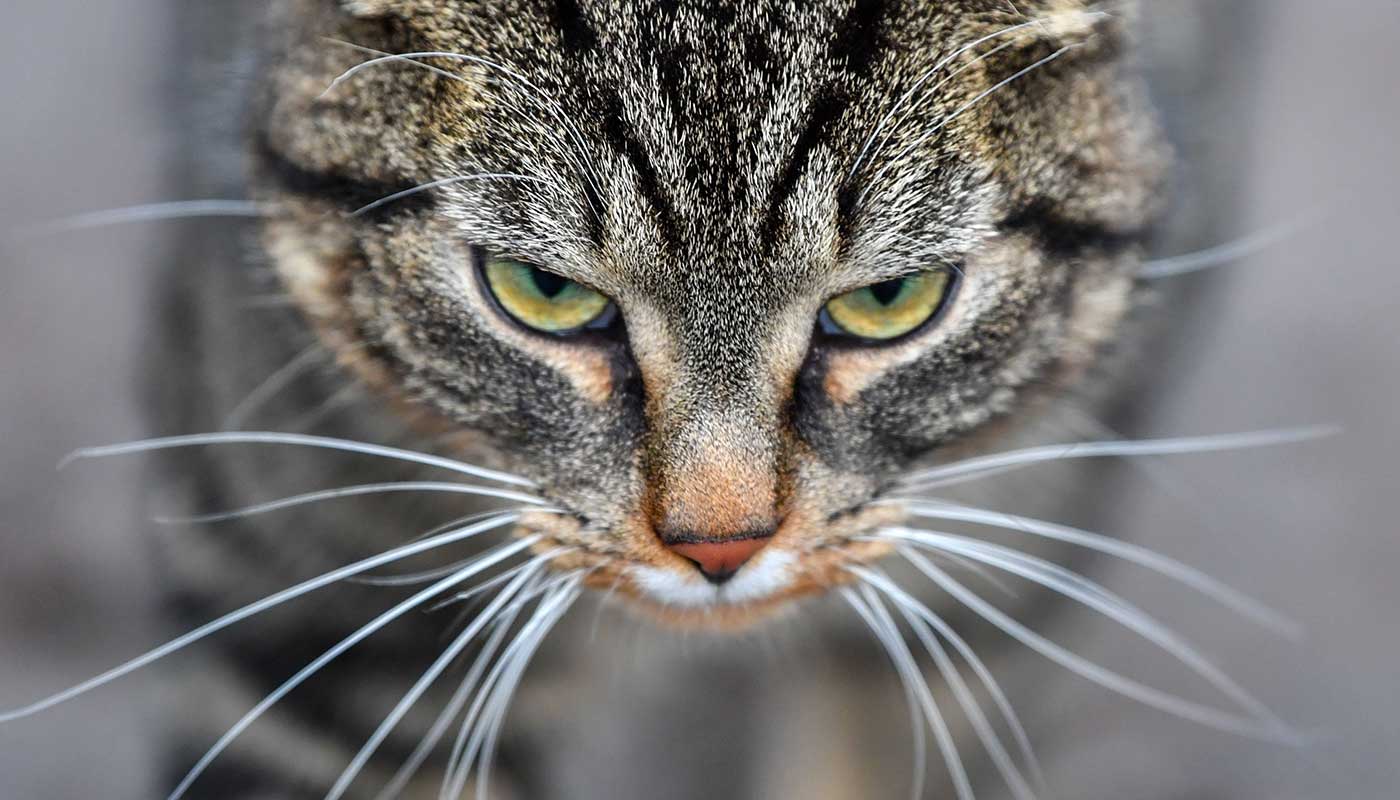 Ministers considered killing all cats during pandemic
Ministers considered killing all cats during pandemicfeature And other stories from the stranger side of life
-
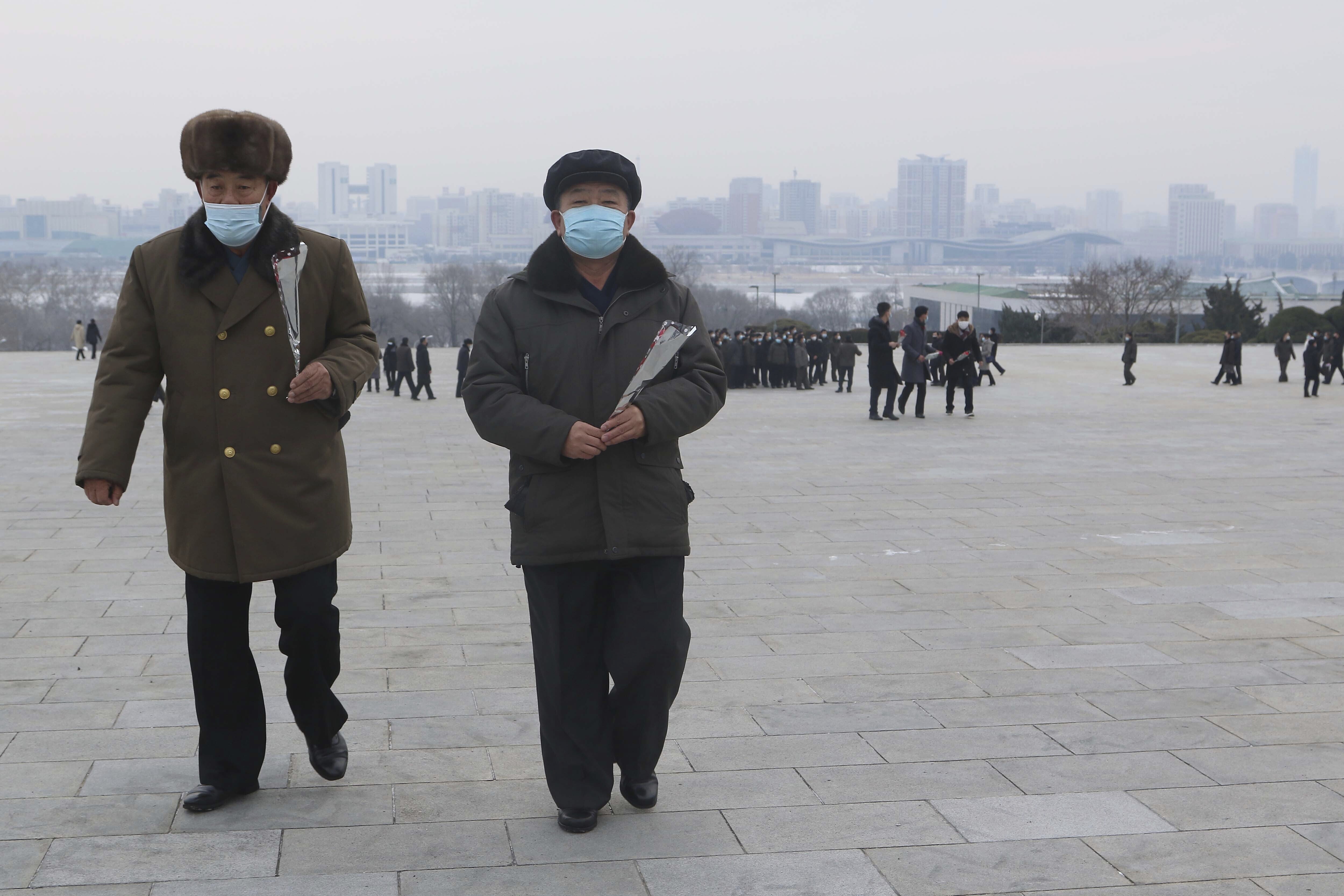 North Korea imposes 5-day lockdown on capital to fight 'respiratory illness'
North Korea imposes 5-day lockdown on capital to fight 'respiratory illness'Speed Read
-
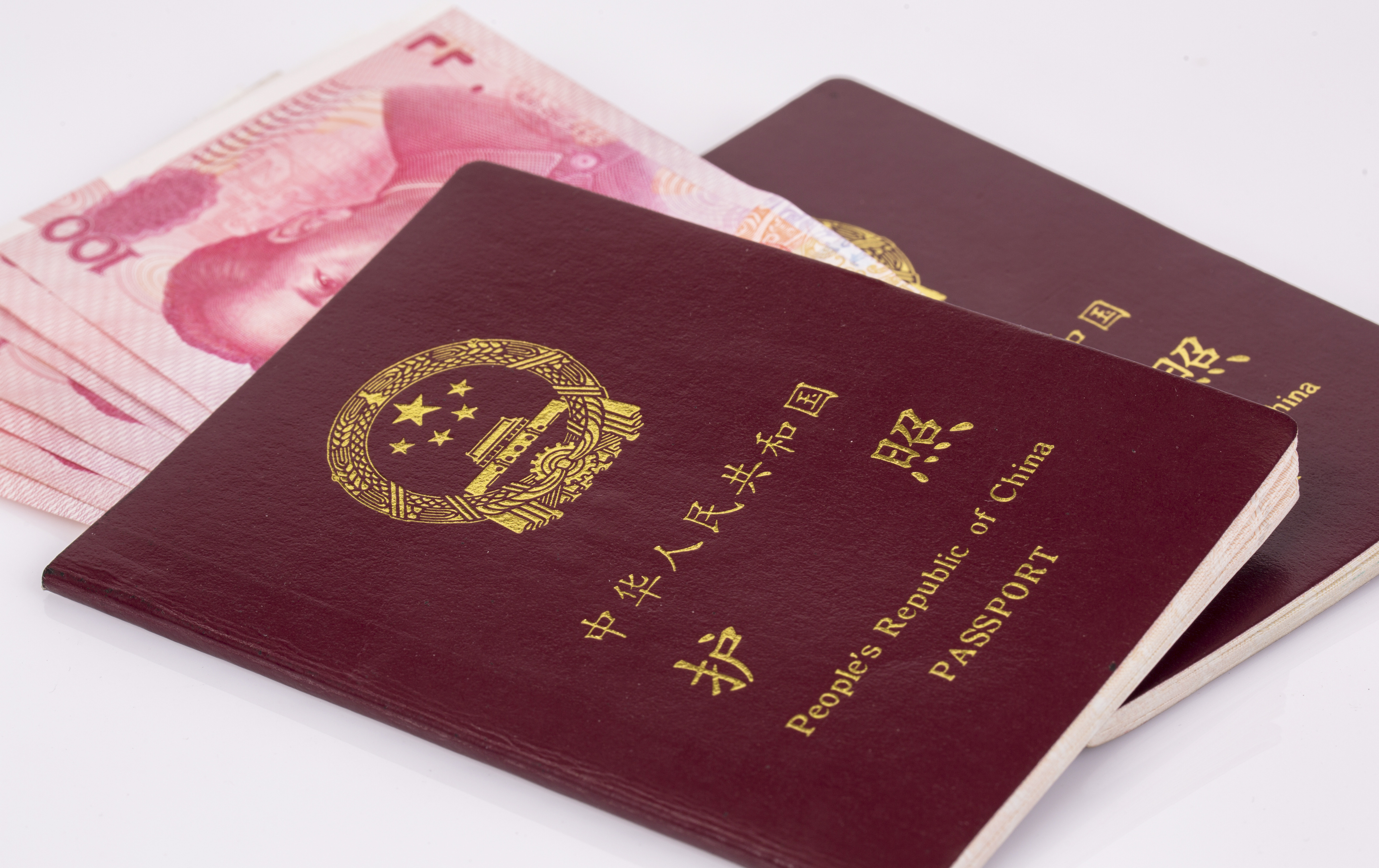 China to begin re-issuing passports in another reversal of COVID lockdowns
China to begin re-issuing passports in another reversal of COVID lockdownsSpeed Read
-
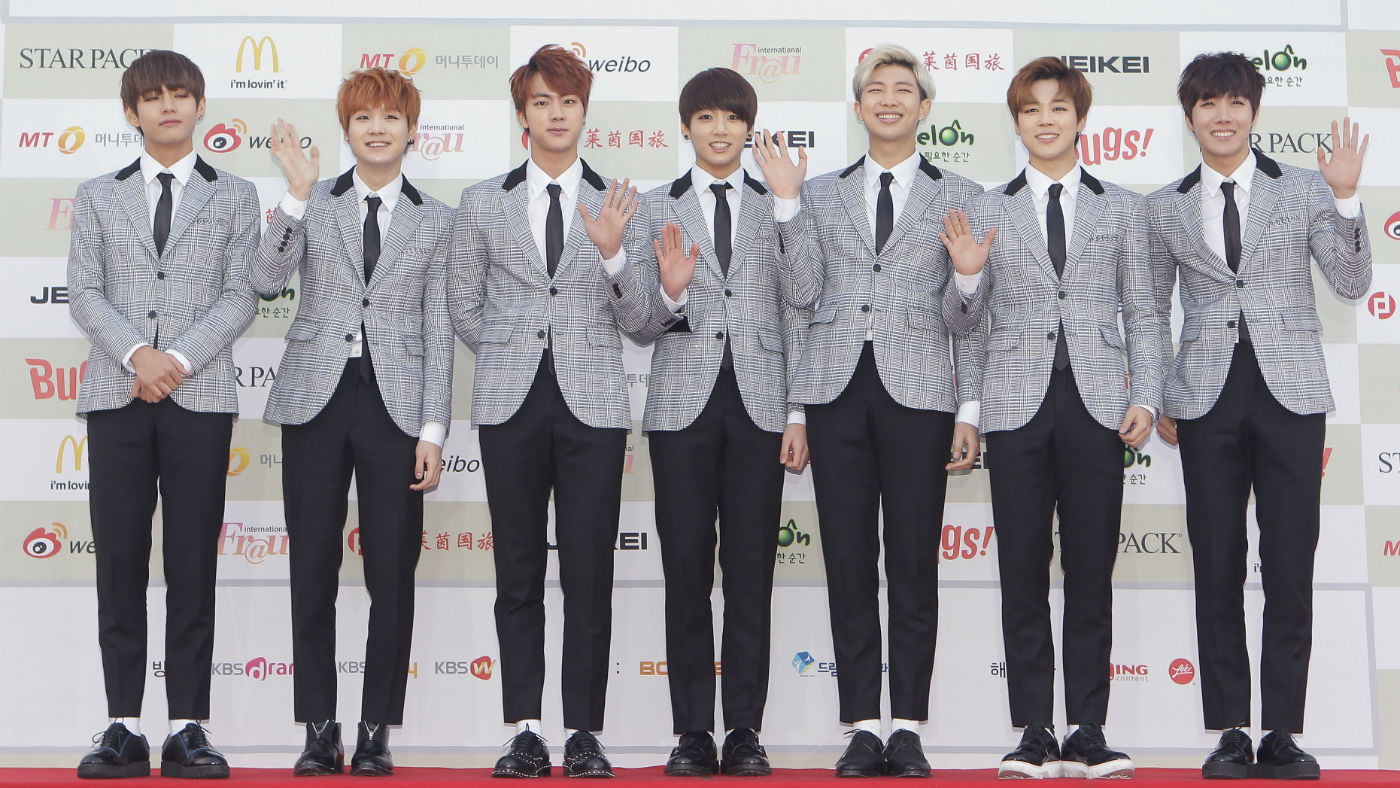 The Week Unwrapped: Tracking apps, BTS and stay-at-home girlfriends
The Week Unwrapped: Tracking apps, BTS and stay-at-home girlfriendspodcast Does China’s U-turn mark the end of Covid-tracking apps? Has South Korean pop passed its peak? And are we really seeing the rise of the stay-at-home girlfriend?